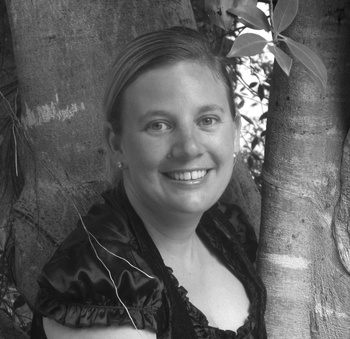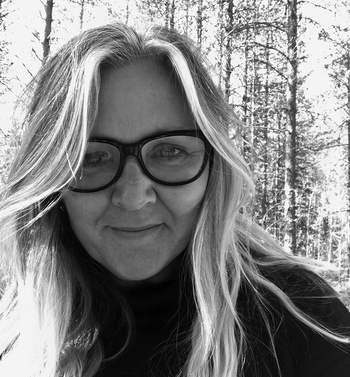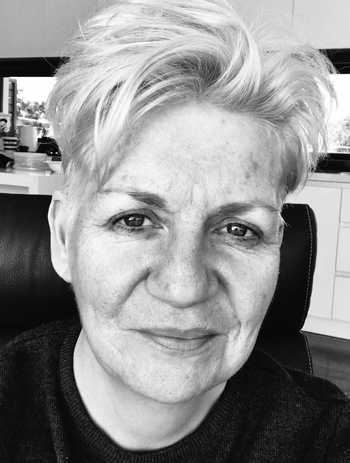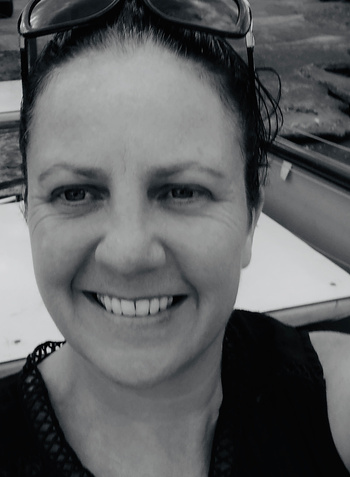Researching Nature Play: Mapping Scientific Concepts and Nature Play in Early Childhood Education
RESEARCH AIMS
This project will forge new knowledge about nature play pedagogies and how they can support children’s scientific learning in early childhood education. It aims to determine how young children’s (4-5 years) learning of scientific concepts can be supported through nature play. Throughout Australia there has been an increased interest and engagement with nature play pedagogies in kindergartens. How these are approached are very diverse and with only limited opportunities for training and external support there effectiveness is mostly untested. This first study will explicitly research nature play in early childhood education with the view of deeply engaging with educators and children about the meanings and purpose of nature play and the aim of pedagogies that are used to achieve these goals.
RESEARCH QUESTIONS
1. What are early childhood educators’ conceptions of nature play and its associated scientific concepts?
2. What are young children’s conceptions of nature play and its associated scientific concepts?
3. How can nature play pedagogies best support young children’s learning of scientific concepts?
RESEARCH METHODOLOGY
The overarching methodology of this project is cartography; an educational research methodology of creating visual maps from observations, ideas and pedagogies for exploring children’s encounters of the environment during nature play. We draw upon Latour’s (2013) model of cartography, which is focused on the relations between people, places and objects (Cutcher, Rousell, & Cutter-Mackenzie, 2015, Malone 2018). Latour (2013) positions the cartographic network as domains of knowledge. In the context of the proposed project, a cartography or mapping of scientific concepts promotes visual, symbolic and geometric thinking (Knight, 2016) and this will enable the researchers to substantially access participant concepts and advance empirical and theoretical research in nature play and how it can best support children’s learning of scientific concepts. Examples of scientific concepts central to early learning in STEM include: systems, models, constancy and change, scale, patterns and relationships, cause and effect, structure and function, variations and diversity (Wilson, 1992).
RESEARCH DESIGN
A cartographic research design (Cutcher & Rousell, 2014; Knight, 2016; Lasczik, Cutcher& Irwin, 2017) is devised around early childhood educators’ planning and implementing three nature play pedagogies (open-ended or free play, modeled play and purposed-framed play). The research methodology involves four phases:
- Phase 1: Recruitment, Sites and Cartographic Nature Play Profiles;
- Phase 2: Mapping Children’s Existing Nature Play Conceptions and Scientific Concepts;
- Phase 3: Professional Learning Workshop & Design of Nature Play; and
- Phase 4: Implementation, Documentation and Mapping of Early Childhood Educators’ Nature Play.
While each phase is qualitative, data will be analysed applying rigorous qualitative and quantitative methods.
The proposed outputs of the project include:
- Nature Play Practice Framework
- Research-Practice Book
- Professional Learning Tools
- Online Nature Play Research Network
- Final Report
References
Cutcher A. & Rousell, D. (2014). Collaborative visual mapping as performance: Visual Arts pre-service teachers’ reflections on practicum. International Journal of Education through Art, 10(2), 247-254.Cutcher, A., Rousell, D. & Cutter-Mackenzie, A. (2015). Findings, windings and entwinings: Cartographies of collaborative walking and encounter. International Journal of Education through Art 11(3), 449-458Knight, L. (2016). Playgrounds as sites of radical encounters: a mapping of material, affective, spatial, and pedagogical collisions. In N. Snaza, D. Sonu, S. E. Truman, & Z. Zaliwska (Eds.), Pedagogical Matters: New materialisms and curriculum studies (Counterpoints Series), Berlin: Peter Lang.Lasczik Cutcher, A. & Irwin, R.L. (2017). Walkings-through paint: A c/a/r/tography of slow scholarship. Journal of Curriculum and Pedagogy (14)2. DOI:10.1080/15505170.2017.1310680Latour,B An Inquiry into Modes of Existence: An anthropology of the moderns. Cambridge, MA: Harvard University PressMalone, K. (2018). Children in the Anthropocene: Rethinking Sustainability and Child Friendliness in Cities, London:Palgrave Macmillan Publishers. Wilson, E. O. (1992). The diversity of life Cambridge, MA: Harvard University Press.
—
PROJECT TEAM

School of Education, Southern Cross University

School of Education, Southern Cross University

Department of Education, Swinburne University of Technology

School of Education, RMIT University

Southern Cross University

Tiffany Cutter – Southern Cross University
Mobile Phone – 0448853334
FACEBOOK DISCUSSION GROUP
Please visit our Childhoodnature Facebook page to discuss the project, share ideas, share other projects or interesting videos, images or youtubes. We will update project activities and research findings here throughout the project.
REGISTER YOUR INTEREST
If you would like to know more about the project, please contact us via natureplay@scu.edu.au or contact Postdoctoral Research Fellow Maia Osborn on 0419280077